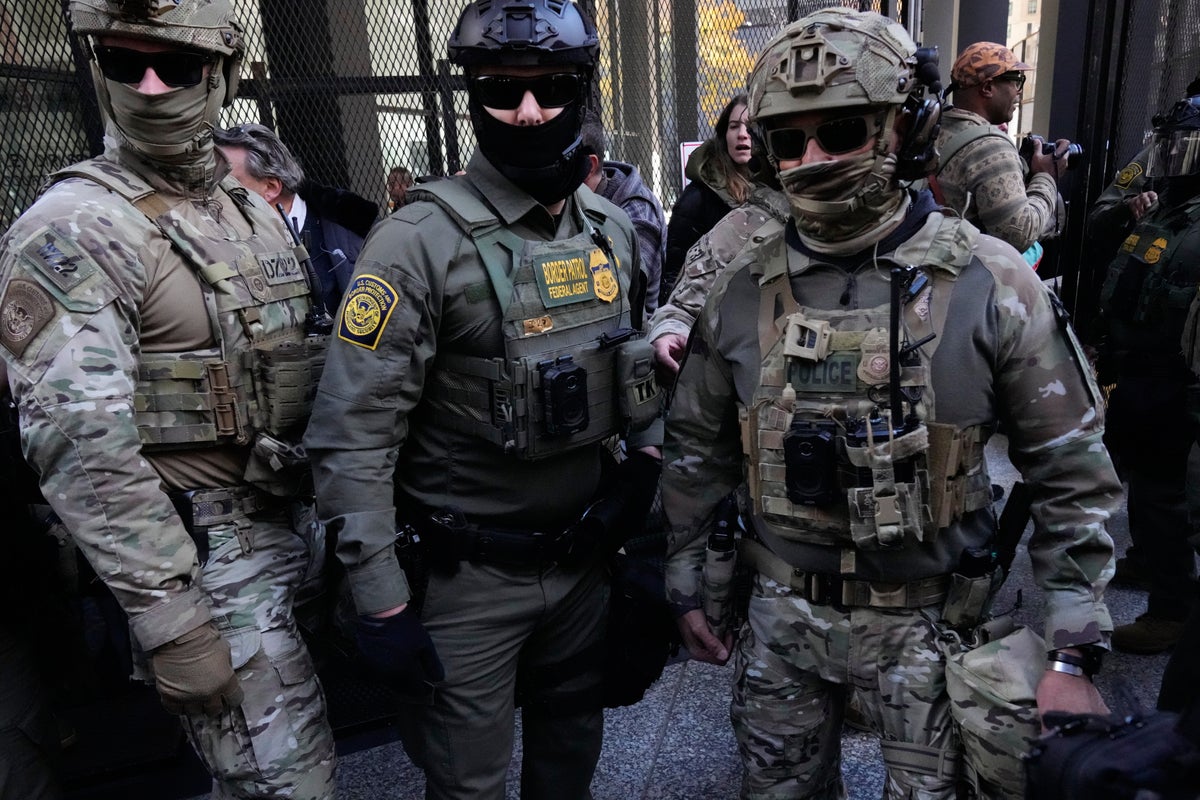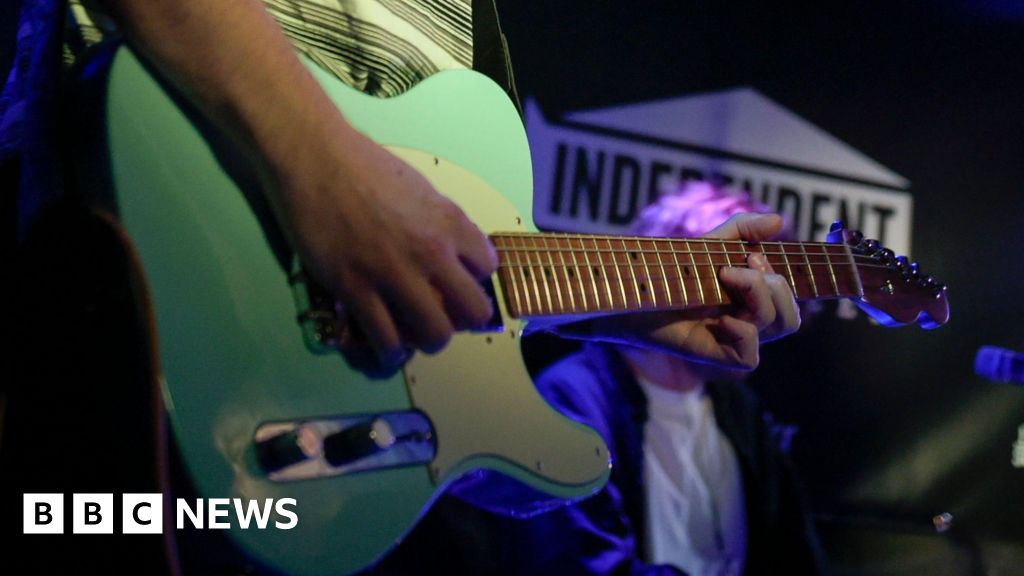Illinois lawmakers have sent Gov. JB Pritzker legislation prohibiting federal authorities from making immigration arrests near courthouses, but even one of the measure’s top sponsors questions whether it can survive a court challenge.
The proposal adopted early Friday also allows lawsuits when people believe their constitutional rights have been violated during civil immigration arrests.
The legislation imposes civil damages for false imprisonment when someone attending a court hearing or appearing as a party or witness to a legal proceeding is arrested. Proponents say courts must be accessible to everyone to pursue remedies to violations of their rights.
Democratic Senate President Don Harmon, a lead sponsor, acknowledged the measure will face a court challenge.
“It’s not just about the constitutionality of the law, which I think is sound, but it’s the reality that the courts are stacked against us,” Harmon said. “The federal government can try to remove it from state courts to federal courts. They can try to substitute the government itself for the individual defendants, but that’s not a reason not to try.”
Pritzker, a Democrat, supports the idea and will review the plan when it reaches his desk, spokesperson Matt Hill said.
Two weeks ago, the top judge in Cook County, home to Chicago, issued an order with the same prohibition. It’s unclear whether the U.S. Department of Homeland Security has followed the dictum, but at the time, federal officials dismissed it, saying “there are no legal sanctuaries where you can hide and avoid the consequences for breaking the law.”
The Trump administration’s immigration enforcement, which began two months ago in Chicago and its suburbs, is intended to round up migrants living in the country illegally, particularly those with criminal records. But witnesses have reported repeated incidents in which Immigration and Customs Enforcement officers detain people regardless of citizenship or legal status.
“No one should have to choose between seeking justice and risking their freedom,” said co-sponsoring Sen. Celina Villanueva. “Courthouses must be places where people can resolve disputes, testify and support loved ones, not sites of fear or intimidation.”
The legislation, approved largely along party lines, also requires hospitals, day care centers and higher education institutions to create policies delineating how they would handle immigration agents inside their facilities.
Other states have taken similar action or otherwise adopted practices to protect immigrants. California has limited immigration enforcement action in courthouses since 2017. Guidance published by California Attorney General Rob Bonta says the state can’t control federal immigration action, but “the state has a responsibility to provide safe and secure access to court facilities to all residents regardless of immigration status.”
In September, Connecticut Supreme Court Chief Justice Raheem Mullins issued a policy prohibiting warrantless arrests inside state courts, as well as banning the use in judicial buildings of face coverings, routinely worn by ICE officers.
“Judges, staff, litigants, members of the public, they all must be able to conduct their business in our courthouses without fear of disruption,” Mullins said.



